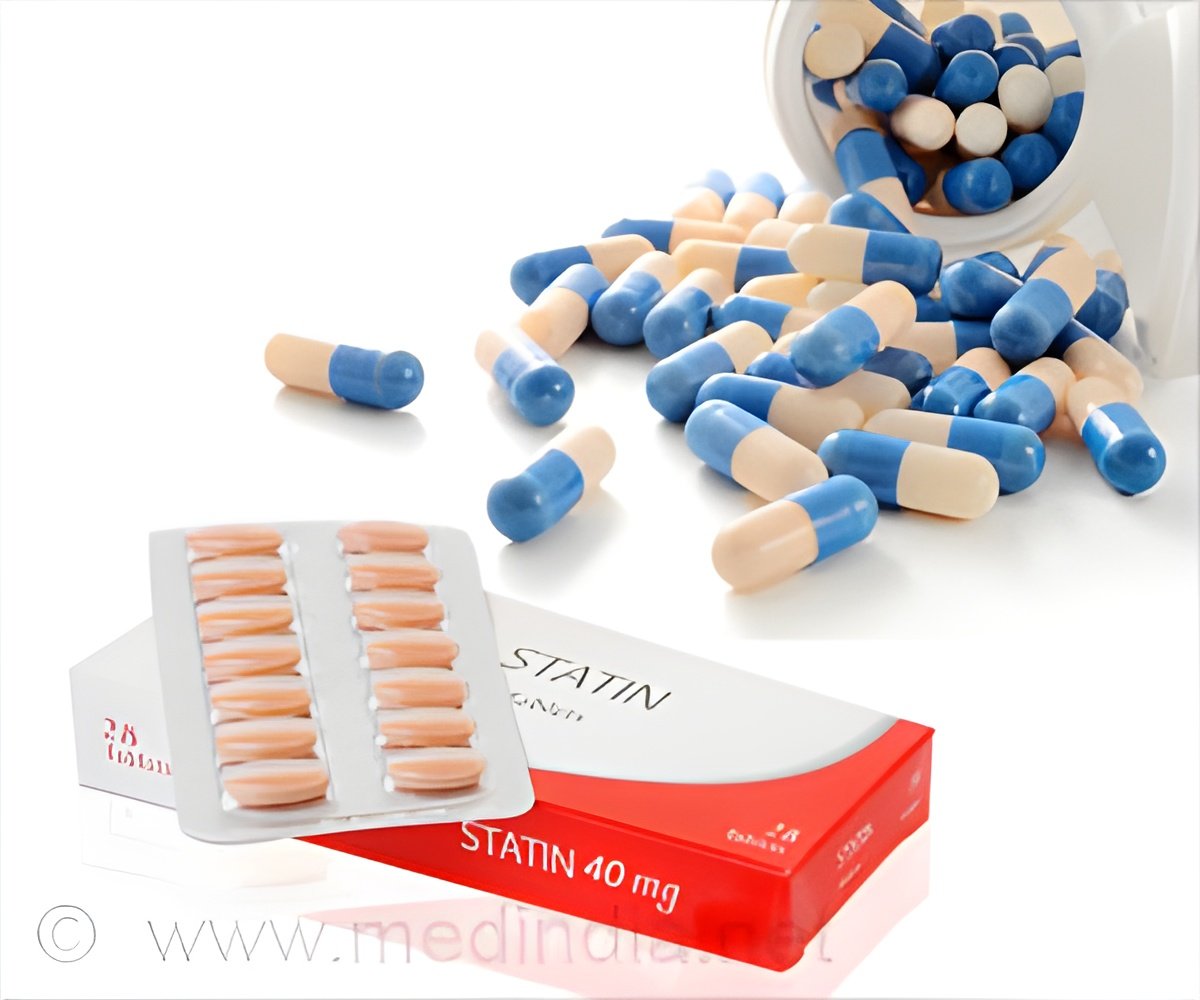While there is no ‘magic bullet’ to help patients who are very ill with COVID-19, statins decrease inflammation, which may help reduce the severity of the disease.

Statins and Lowering Cholesterol in COVID-19 Patients
While COVID-19 itself causes inflammation, in some cases the immune system creates further inflammation by responding too aggressively to the infection. This extreme reaction causes much of the damage to the body, including difficulty breathing and damage to the lungs, kidneys, heart, brain and vascular system. The anti-inflammatory actions of statins “cool the process” so that the disease is not as severe, Dr. Crimi said.‘Regular statin use is associated with reduced risk of death and improved outcomes in hospitalized COVID-19 patients.’





One in four Americans over the age of 40 take statins to lower their cholesterol and reduce their risk of heart attack, stroke and other cardiovascular diseases, according to the American Heart Association, making them one of the most commonly prescribed drugs. “This research illustrates the importance of evaluating medications that could be repurposed to help patients in ways other than their intended use,” said Dr. Crimi. “Our results suggest statins could be an additional cost-effective solution against COVID-19 disease severity and should be studied further.”
Source-Eurekalert















